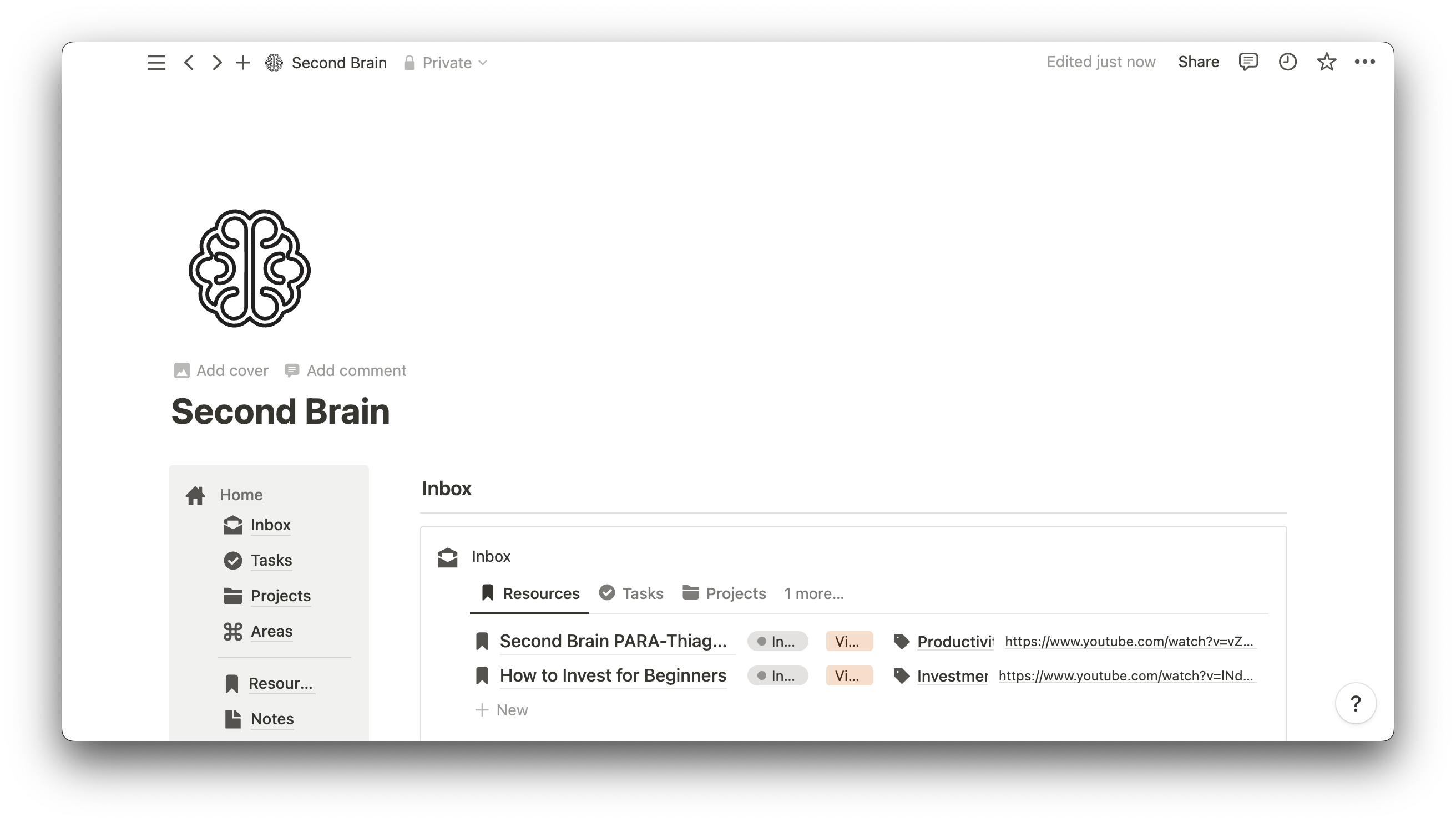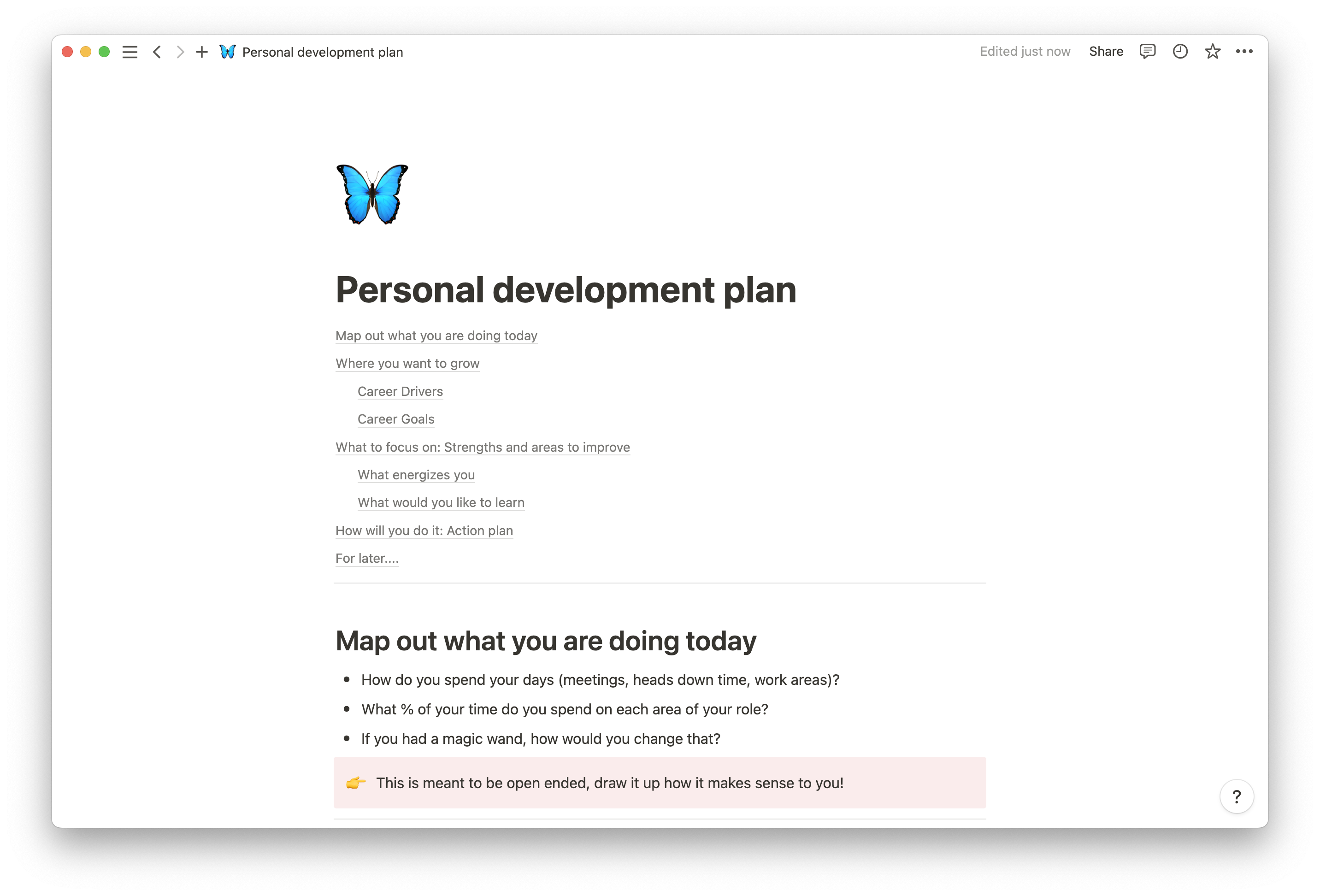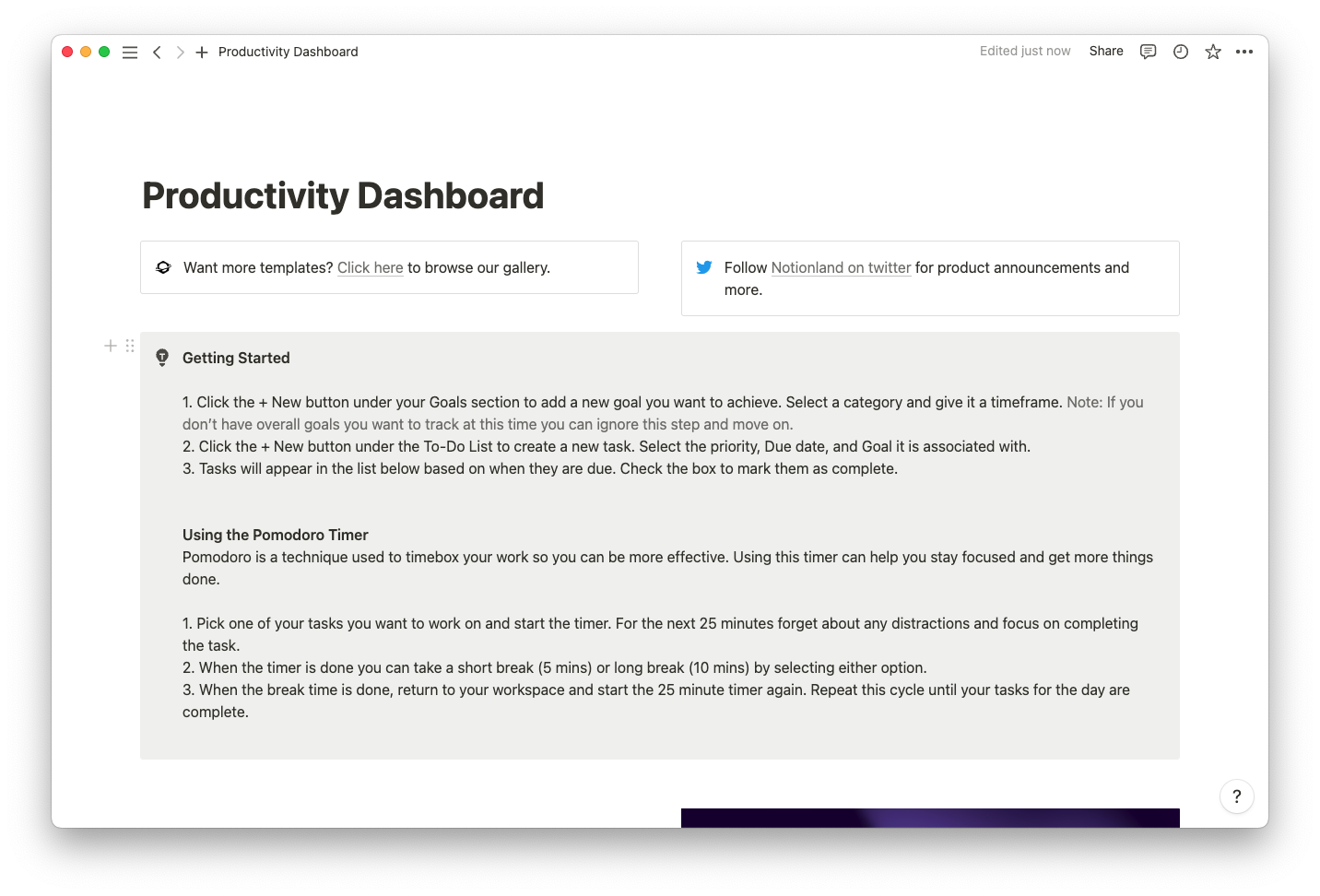Every day, your mind is swirling with streams of concurrent thoughts, and it can get a bit noisy. You may be fixated on your long Monday-morning to-do list, a coworker's insensitive comment, and what to make your kids for dinner — all at once.
These inundating thoughts influence your mindset and shape your entire day. Without deliberate effort to maintain mental clarity, you're more likely to see reduced productivity and missed objectives.
Daily journaling allows you to organize your thoughts and express your feelings on paper. It’s more than just writing about your day. It’s a conversation with yourself that builds self-awareness to help you reach your goals and examine areas for growth. And the best part? You can write however, whenever, and whatever you want.
What’s daily journaling?
Daily journaling is the deliberate practice of writing down your thoughts and experiences. With so many ideas constantly entering and leaving your mind, it’s easy to lose track of goals and objectives. A daily journal provides a medium for capturing, organizing, and developing them.
A journal can help you work through emotions that weigh you down, especially if you feel frustrated or anxious. It can also reveal positive thought patterns and encourage you to seek people, work, and activities that fill you with meaning. And journaling is useful for setting professional and personal goals, like developing a skill or improving work-life balance.
While staring at a blank page may feel overwhelming, the beauty of a journal is that there are no rules beyond writing (or trying to write) every day. You don’t have to worry about spelling, grammar, or structure. And how you fill the page is up to you. One day, you might choose to chronicle your dreams with pages of free-flowing, stream-of-consciousness writing. And the following journal entry might be a numbered list of tasks for your ideal productive work day.
Whatever daily journal template you choose, your commitment will help you develop self-awareness and potentially create transformation toward a better version of yourself.
Why is daily journaling important?
Daily journaling is a dialogue with yourself. And the more consistent the dialogue, the more likely you are to spot the small details you might miss in your daily hustle.
Here are a few more benefits to motivate you to set aside regular writing time. Journaling:
Is a reliable outlet throughout challenges — regarding both professional and personal goals, you’re bound to hit unexpected roadblocks. Archiving these experiences on paper lets you step back, evaluate your feelings and responses with more context, and brainstorm techniques to get back on track.
Helps you accomplish goals — one of the first steps to achieve a goal is to write it down. This helps you eliminate vague objectives, setting you up to build effective SMART goals. And people who visualize their goals in great detail are more likely to love their job. Accomplishing your objectives and enjoying your daily work is a win-win.
Lets you express your gratitude — regularly jotting down what you’re grateful for (whether a fulfilling work life, close friendships, or a new promotion) helps cultivate more joy. And research shows gratitude doesn’t just put a positive spin on your day. It changes your brain. Gratitude practices are associated with positive impacts on your learning and decision-making, such as increased motivation and engagement.
Types of journaling
There’s no right way to approach journaling. Just as your thoughts and experiences aren’t static, how you record them can also vary.
Here are four common journaling types. Feel free to try different methods until you find one (or a combination of several) that works for you:
Visual journaling — you don’t need to limit your journal to the written word. You can explore expressive images, using drawings to illustrate your ideas and experiences. This can be an appealing method for creatives or people who struggle to put their thoughts into words. And anything goes: Feel free to use stick figure drawings or elaborate storyboards, pencils or paints. The important thing is to find the methods that help you get it all out on paper.
Stream-of-consciousness journaling — when you write at work, you have to proofread every detail for clarity, punctuation, and spelling. A stream-of-consciousness journal lets you jot your ideas down as they come to you with complete freedom. It's raw, unfiltered, and unstructured. The aim of stream-of-consciousness journal writing isn't coherence but authenticity. It's your brain's opportunity to self-reflect freely, letting you uncover unexpected personal insights and buried emotions.
Gratitude journaling — a gratitude journal lets you identify and underscore what you’re thankful for. This type of journal is a collection of positive reflections, like a small act of kindness from a coworker or finally saving enough for your first home. Entries might be straightforward bulleted lists, detailed daily affirmations, or descriptive retellings of a positive moment. Over time, paying close attention to the positives in life can help you develop resilience toward inevitable bumps in the road.
Bullet journaling — although a bullet journal may seem like the most complicated type of journal, it’s also the most versatile and personalized. Bullet journals blend short notes, calendaring, and symbols for organized planning and tracking as well as reflecting. Some pages might have an itemized weekly task list, while others may track personal habits like cell phone use or daily self-care. A bullet journal evolves with you, acting as a personal assistant and a record of your growth.
Journaling for beginners: How to start journaling every day
A daily commitment to any new task might sound daunting. And constant journaling may leave you scratching your head about what to write in a journal each day. But you can build a routine that fits seamlessly into your daily life with a few actionable steps.
Choose your medium
Decide whether you prefer traditional paper's tactile feel or a digital notebook's convenience. Have fun with it. Choosing special pens or trying different journal templates can motivate you to start.
Create a ritual
Set aside a specific time each day for journaling, whether it’s first thing in the morning with a cup of coffee, during your lunch break, or while winding down before bed. Consistent timing can help you solidify the habit and give you something to look forward to.
Be flexible
You don’t have to stick to a single medium or ritual. And you don't have to carry a physical notebook everywhere you go. Feel free to switch between handwritten entries at home and a notes app on your phone when you’re out. The important part is recording your thoughts when they come to you.
Start small
Don’t pressure yourself to fill page after page from day one. Even a couple of sentences describing your day is a great start. Your journal is like a new companion. The longer the conversation continues, the more naturally it’ll flow.
Use writing prompts
On days when words feel out of reach, or if you’re in the mood to explore something new, try out a journal prompt. These are questions that provoke self-reflection. You can find them in self-discovery books, journaling apps, or personal development podcasts.
Be authentic
Your journal is for you and only you. Don’t worry about writing perfect sentences. Focus on pouring out your genuine thoughts and feelings. This will help you find patterns in your thinking that illuminate your professional and personal development paths.
Check-in with yourself
Every once in a while, flip back through your old journal entries. It’s not just about reminiscing. Checking in can help you recognize patterns, track growth, and set you up for continued positive change.
Daily journaling ideas
A big challenge when getting started is choosing what to write about. Anything that comes to mind is worth putting on paper, but here are some prompts for when inspiration doesn’t strike:
Chronicle the best part of your day and the most challenging. Reflect on why they stand out to you.
Write down three things — big or small — that you feel grateful for, and describe their impact on your mood and well-being.
Choose five positive affirmations. Write them five times each day, repeating them aloud to yourself.
Describe something new you learned recently. Explore how it might influence your future actions or thoughts.
Get started journaling with Notion
Regardless of your motivations to organize and write down your thoughts, daily journaling promotes clarity of mind, goal achievement, and creative thinking. Try various methods to find what best supports you in meeting your goals and achieving success.
Get started with Notion’s daily journal template to organize your thoughts and streamline your journaling.






